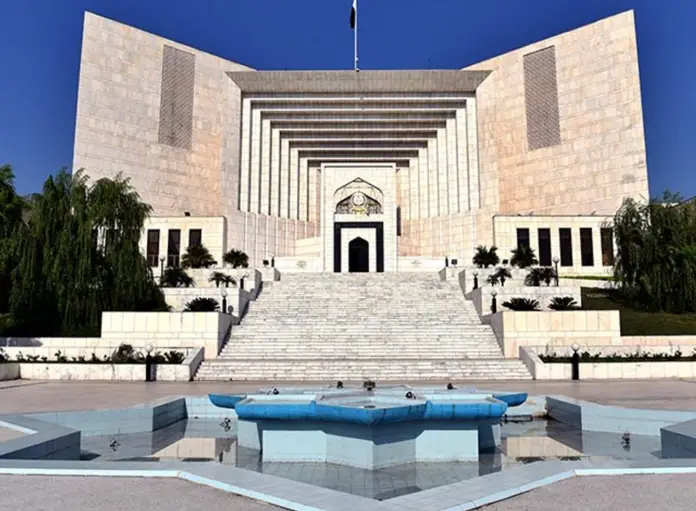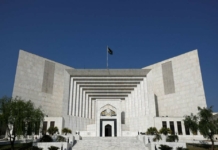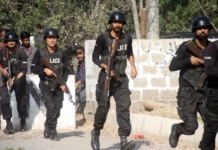The Supreme Court in a majority 2-1 verdict on Friday approved Pakistan Tehreek-e-Insaf (PTI) Chairman Imran Khan’s application challenging NAB amendments made to the country’s accountability laws during the government of the previous Pakistan Democratic Movement (PDM).
The three-member bench, presided over by CJP Umar Ata Bandial and made up of Justices Mansoor Ali Shah and Ijazul Ahsan, heard the PTI leader Khan’s appeal against the revisions more than 50 times before reserving its decision on September 5.
After this decision, the case against Interim PM Kakar will also be reinstated along with many members of the caretaker cabinet.
His final day as the chief justice of the Supreme Court is September 17, which is a Sunday. CJP Bandial had previously pledged that a “short and sweet verdict” will be announced before he retired.
Today’s majority decision by the Supreme Court reinstated corruption charges against public officials that had been put on hold as a result of the modifications.
The National Accountability Ordinance (NAO), 1999 was amended, although some of those changes were overturned by the supreme court.
The majority judgement, according to the ruling, found the petition against the NAB changes valid, reopening all closed inquiries submitted to the anti-graft organisation.
The Supreme Court nullified the changes and ordered the restoration of all concluded corruption cases totaling Rs. 500 million against politicians from various political parties and office holders.
The NAB reforms excluded all regulatory agencies operating in the nation from the NAB’s purview and shortened the four-year terms of the NAB chairman and prosecutor general to three years.
The modifications also mandated that the judges of the accountability courts serve terms of three years and that the courts must reach a decision on a case within a year.
Khan challenged the reforms and petitioned the supreme court to overturn them on the grounds that they were unconstitutional.







